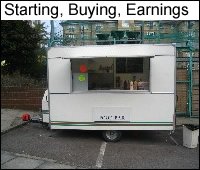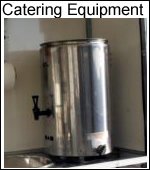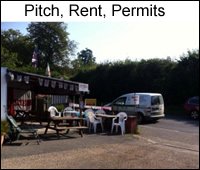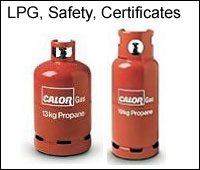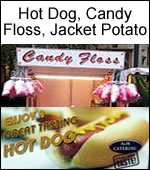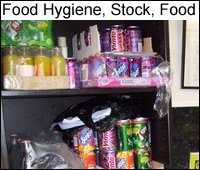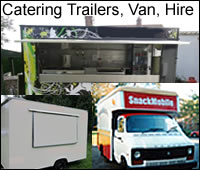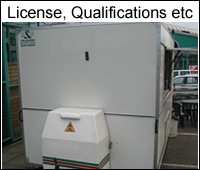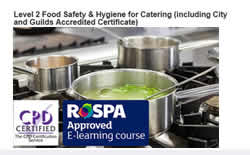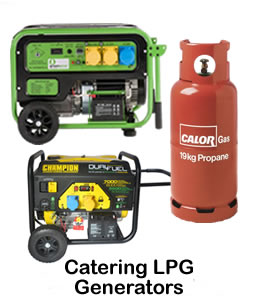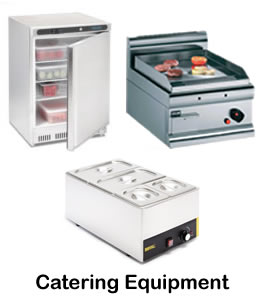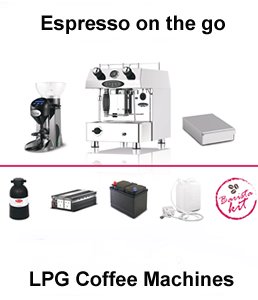LPG Gas Specifications Mobile Catering Van
by craggy
(stoke)
Hi I am trying to find gas specifications guidance for catering trailer/vans. I have to gas up a griddle, Baine Marie and water boiler.
I am going to install the pipework but not connect us as the quotes i was getting were way over the odds. I just need to know if its 15mm main gas pipe to a regulator and if the bends need to be the bolt on type connectors or solder type bend joints,. Once i get this in i will use a gas engineer to connect to appliances and do the gas cert ticket.
Has anyone got a spec sheet or can jut give me these details Cheers
